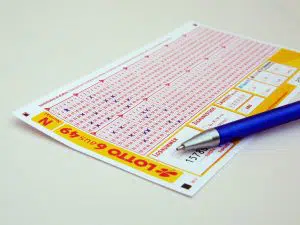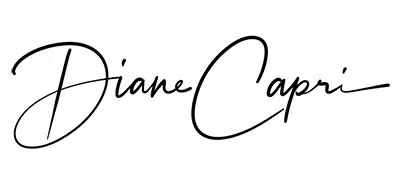For scam artists and thieves, the internet provides a multitude of opportunities to take advantage of well-meaning people. As a crime writer, I see too many of these stories every year.
You’ll find references to the invisible dangers that accompany technology in my Jess Kimball thrillers. In Fatal Demand, it’s Investigative Reporter Jess Kimball’s impossible mission to protect victims from con-artists and criminals.
Previously, I wrote about the dangers of Tech-support scams that trick people into paying for fake online security services or software. You can learn more about tech-scams here.
Another way cyber criminals bilk unsuspecting victims is through exploiting their loneliness. These criminals take advantage of the growing number of dating services and apps by pretending to be prospective companions. You can read about online romance scams here.
Unfortunately, these types of scams are just one of many online frauds to be aware of. If the digital world isn’t threatening enough already, beware of lottery scams. Fortunately, while these scams are convincing and can take advantage of people in desperate situations, they are relatively easy to protect yourself from. Awareness is key!
Although there are a variety of lottery scams, the premise of these scams is usually similar. The first sign that someone is trying to scam you is if you receive a notification that you have won a contest or lottery that you did not enter. Common prizes are money, tropical holidays or expensive electronics. While these scams previously occurred through snail mail, scammers are increasingly contacting victims through social media, text or email. Through social media, scammers exploit your trust by hacking into your accounts and contacting family and friends, claiming that they have won money.
Scammers often copy official names or logos from real businesses, such as the USA Mega, in order to trick victims. These types of scams usually include copies of what appear to be real checks in your name. While discovering such a prize may give you a real thrill, trying to cash in on these fraudulent checks will not!
The scammer may claim that you need to provide personal information such as bank account details to prove that you are the winner. They may also request a fee or tax upfront before receiving the prize.
To protect yourself, simply delete any suspicious messages you receive and warn your family and friends. Legitimate lotteries and contests usually announce winners publicly and wait for them to respond. It is very rare that a lottery will seek out a winner because most entries are anonymous. There are also no fees associated with claiming winnings from a real lottery.
Be especially wary of messages that have poor grammar and spelling, request money transfers via Western Union, or messages from a “Yahoo” or “Hotmail” e-mail address.
In the wake of financial crimes are not only real victims, but real feelings. And oftentimes, that feeling is anger. Do you wonder if a victim’s anger ever turns into revenge?
If so, you might enjoy my thriller, Fatal Game. You can find it and learn more about it HERE.







Comments are closed.